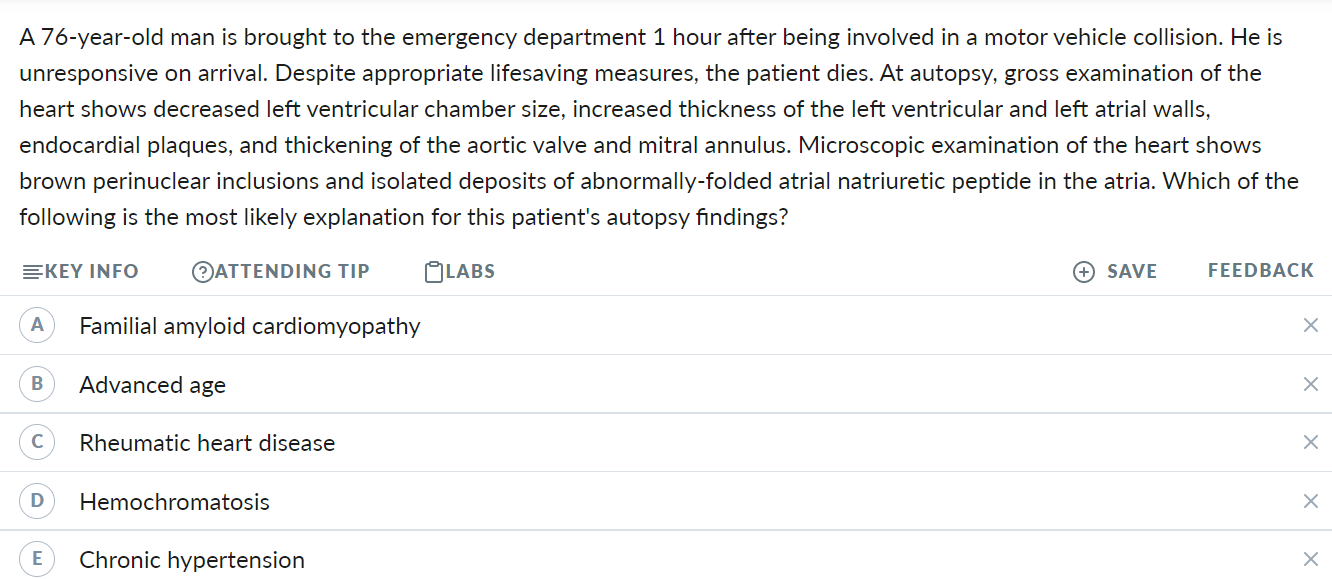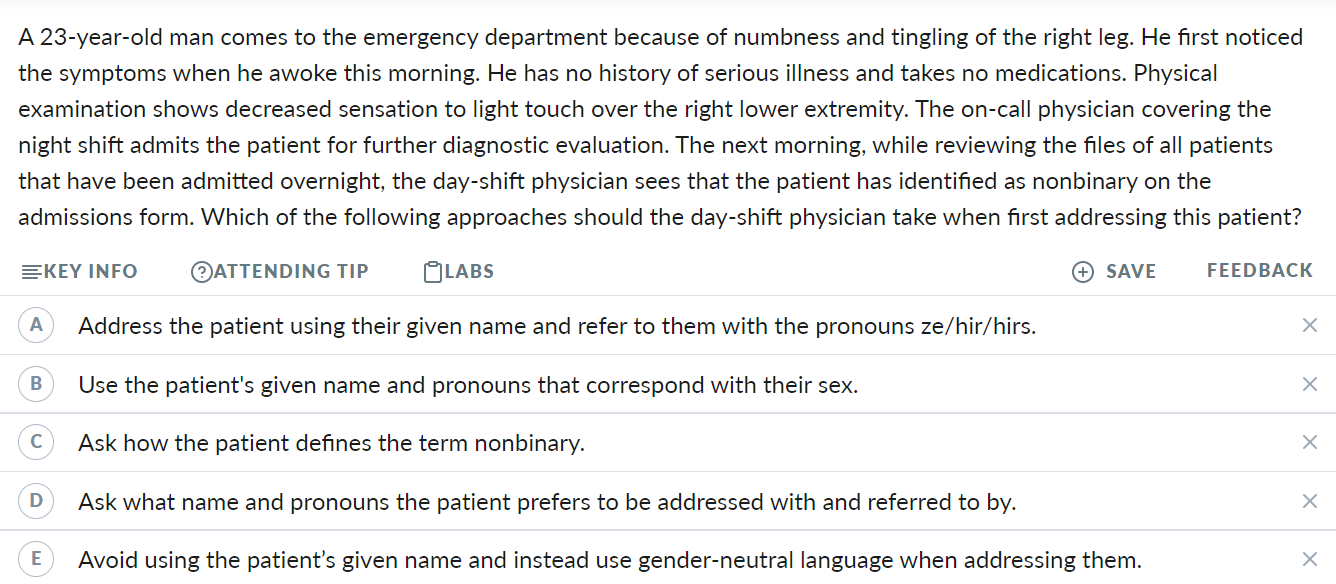Step 1 Self-Assessment 2021: Results and Analysis
.png)
AMBOSS Step 1 Self-Assessment Week is over for another year and we'd like to say a big congratulations to everyone who participated. We were really excited to see so many Step 1 students take part and we hope you’ll use it as the jumping-off point for the remainder of your Step 1 studies. Now, let’s take a look and see how this year’s Step 1 cohort performed!
Taking place from February 20-28, 2021, the Step 1 Self-Assessment had thousands of participants from around the world and was the biggest, most representative self-assessment ever. There was an amazing turnout from students in the US with 97.74% of US medical schools represented this year. And you guys were hard at work! Putting our servers to the test, you answered millions of questions over the course of the week.
The Step 1 Self-Assessment format
The Step 1 Self-Assessment was a mock version of the USMLE® Step 1 exam. It was comprised of four question blocks containing 40 questions each and was presented in the official timed-format of the USMLE, meaning you had one hour to complete each block.
The results
Following the completion of the self-assessment, students received a score report with their predictive 3-digit score. The score is calculated using the performance of self-assessment-takers that are within weeks of their actual USMLE Step 1 exam date.
The highest score anyone got on the self-assessment was 276 and this was achieved by six superstars: three in the US and three IMGs.
For more information on how the score is calculated, check out this blog post.
The questions and disciplines
Students who took the self-assessment covered a wide range of questions and topics that are likely to appear on the real Step 1 exam. In our analysis of the results, we were able to see what proved to be the easiest and the most difficult disciplines in 2021.
The disciplines students performed the best on were Behavioral Sciences and Microbiology. The disciplines that saw the lowest performance were Biochemistry & Nutrition and Histology & Cell Biology.
.png?width=861&name=Blog_Content_01A2%20(1).png)
The question that most students answered incorrectly was (surprise surprise!) a cardiac pathology question for which you needed to know the normal age-related changes to the heart:

The question that most students managed to answer correctly was a sitter from Social Science. However, this is still encouraging for all Step 1-aspirants because, with the recent USMLE content changes, questions from this discipline are only going to become more important in future Step 1 forms.

The top 5 recommended articles from the Step 1 Self-Assessment are:
- Bacteria overview
- Congenital immunodeficiency disorders
- Overview of antibiotic therapy
- Cellular changes and adaptive responses
- Diabetes mellitus
How to use your report to improve your Step 1 score
The ultimate goal of the AMBOSS Step 1 Self-Assessment is to identify your strengths and weaknesses so you can shape the remainder of your Step 1 prep. The score report contains personalized study recommendations that help students identify where they need to focus their attention most.
When reviewing these topics, you can avail of the powerful AMBOSS study tools such as the high-yield library, extensive Qbank, and our popular Guidance Mode feature. With these tools, students can deep dive into the areas they struggled with the most. This will close any knowledge gaps and help them achieve their highest possible score.
You can also create a custom study plan with the AMBOSS Study Planner. This allows you to set up a plan that will work around your schedule and provide the structure you need to succeed一and it only takes seconds to set up!
The AMBOSS Step 2 CK Self-Assessment Week
This year sees the launch of the AMBOSS Step 2 CK Self-Assessment Week. Taking place in spring 2021, this self-assessment will allow Step 2 CK aspirants to take a free practice version of the exam. Much like the Step 1 Self-Assessment, participants will receive a predicted score and detailed performance analysis. Find out more now!
